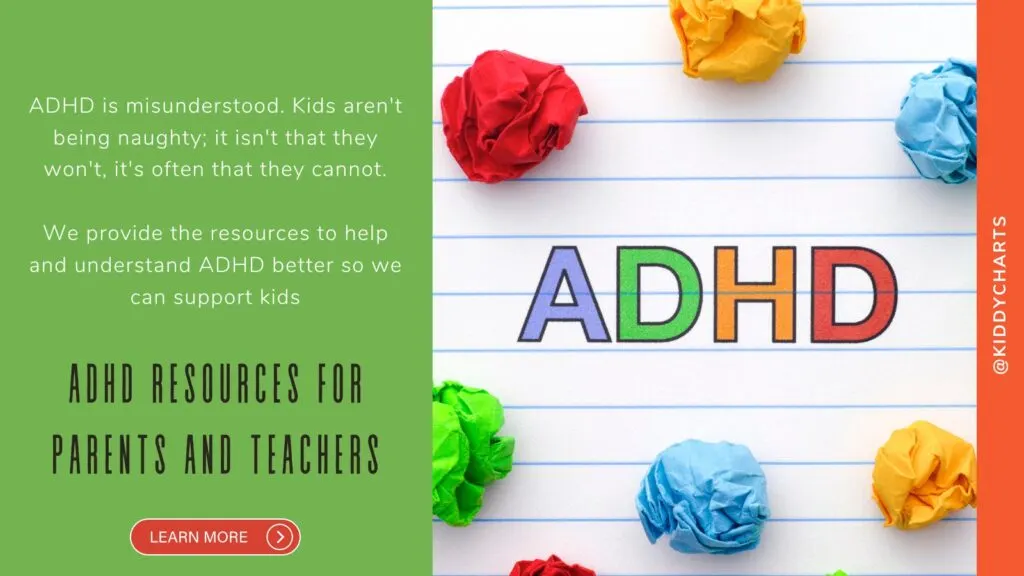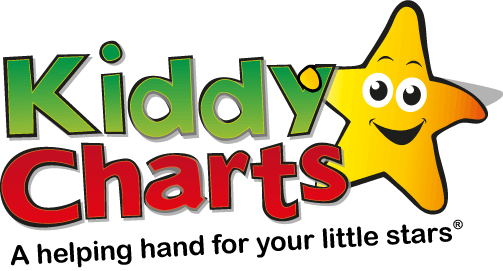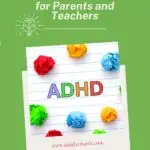Information on Neurodivergence and ADHD seems to be everywhere on the internet. It can therefore be really hard to know where to start as a parent with children whose brains are that little bit different. KiddyCharts have partnered with Sarah Templeton from Headstuff ADHD Therapy to bring you articles and ADHD resources for parents and teachers. Both the KiddyCharts editor has ADHD, and so does Sarah, so these articles are based on experiences, as well as Sarah’s work with ADHD counselling clients over the last few years. These articles are designed to help you understand and support children with ADHD no matter who you are, or where you are from.
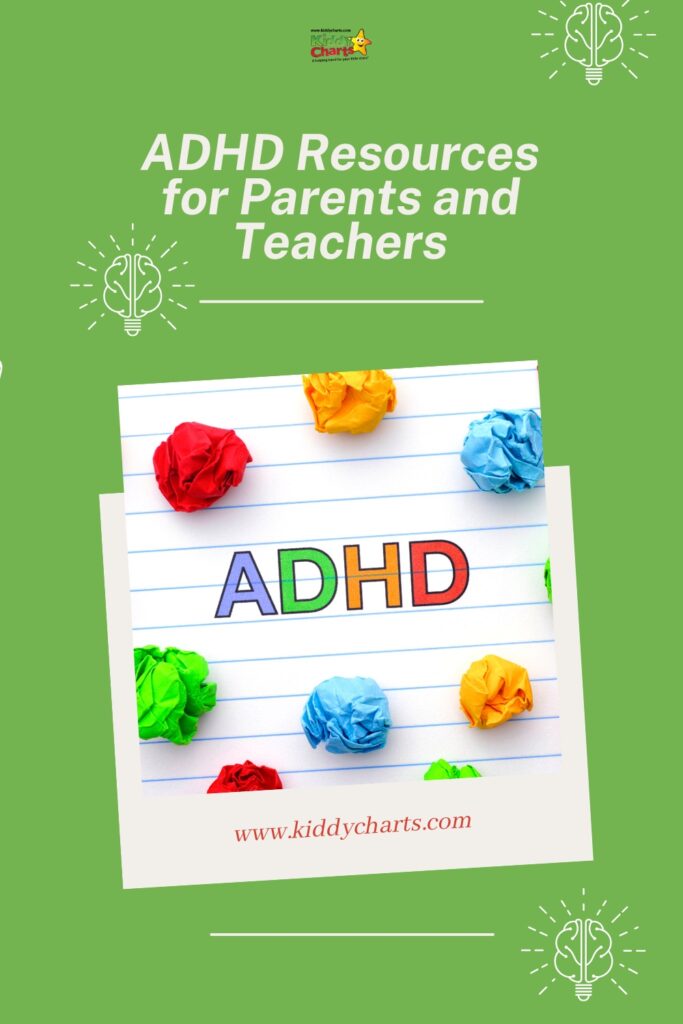

We have 15 articles on site (when they are all released by end March 2023), as well as two very important ADHD books for parents and teachers. These ADHD resources explain what’s happening with the ADHD brain, and how it effects children. The out-dated ideas on ADHD that these kids are just naughty helps no-one; from professional trying to support to the child themselves. Understanding the way ADHD affects the brain helps us all to see that sometimes it isn’t that children won’t do something, it is just that they can’t.
ADHD Resources for parents
We have published the following articles on the site around ADHD – so please feel free to explore these. In addition, it is worth checking out both of Sarah’s books on ADHD for more information as well:
- ADHD and crime: What to do if your ADHD child gets in trouble with the law,
- ADHD and friendships: How to help your child
- ADHD and cannabis: What to do if your ADHD child starts smoking weed
- Explaining ADHD to teachers: A communication guide for parents,
- ADHD and lying: Why do kids do it and what can you do about it?
- ADHD and stealing: What to do if ADHD and stealing collide,
- ADHD and sensory issues: Sensory Processing Disorder and how it might affect your ADHD child,
- ADHD medication guide: To medicate or not to medicate that is the question,
- ADHD and procrastination: Why do adults and kids do it and how to help?
- How to help a child with ADHD by talking to them in a different way,
- Rejection Sensitive Dysphoria: What is RSD ADHD in kids all about,
- Emotional dysregulation in ADHD kids: What is it and how to handle it, and
- ADHD comorbidity: What co-existing conditions you might need to look out for.
We also have a guide on how to study with ADHD too.
Take a look at these too. They are both available on Amazon, and as a Mum to teens with ADHD, I cannot recommend them enough. The ADHD schools book explains how to work with ADHD to help kids to reach their full potential. The ADHD book for parents assists those with children in understanding that your child isn’t deliberating being obstreperous, its just the way their brain works 😂:
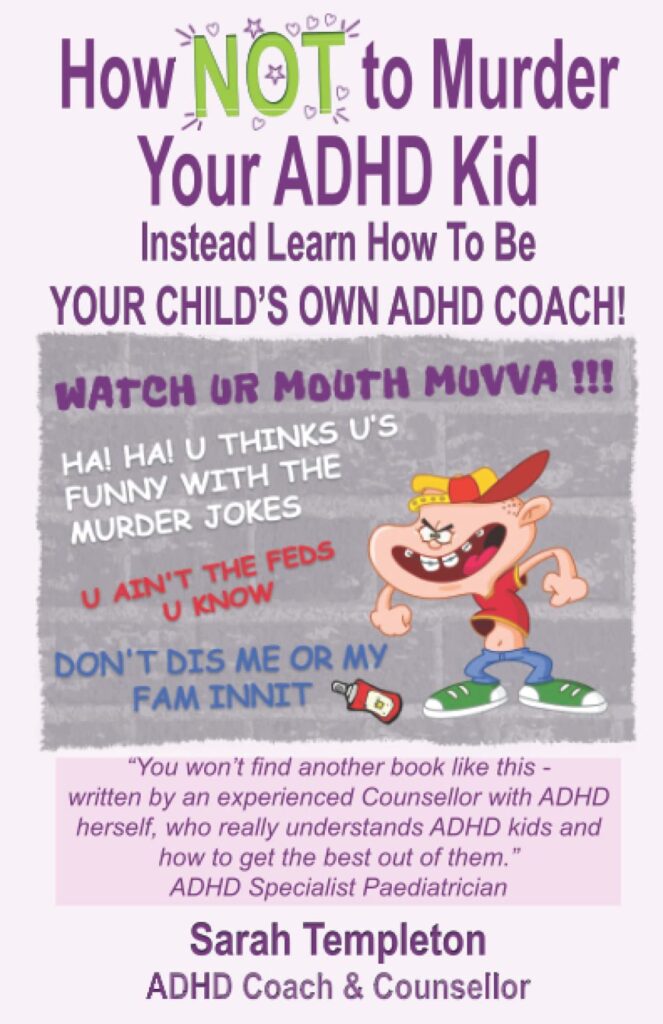
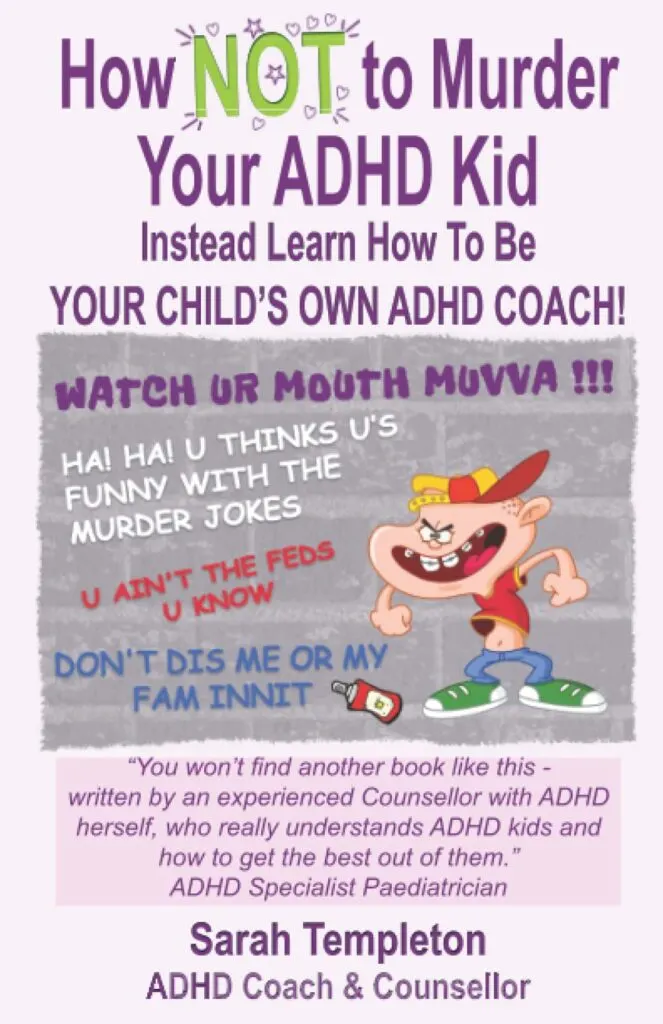
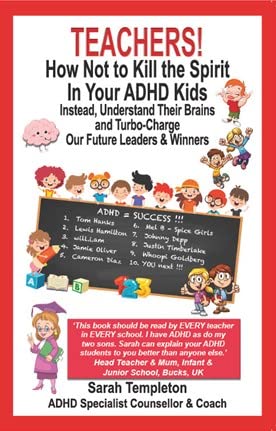
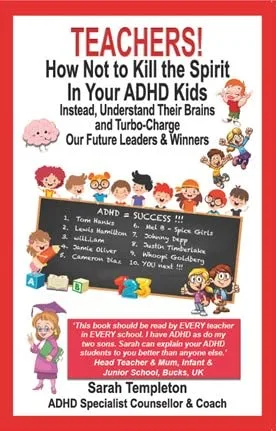
ADHD terminology can be challenging for those that have it (speaking from experience), as the term disorder suggests dysfunction. Actually it is more about the ability for an individual’s brain to regulate; regulating emotions, attention, activity, and time are all a challenge within ADHD. Greater understanding that our brains aren’t quite the same as neurotypical people goes a long way to understanding and accepting some of the behaviours that result.
For example, it makes complete sense for those with ADHD to struggle to remember where they have put things down, like our goggles or PE shoes (!), if we consider that the ADHD brain doesn’t pay “attention” in the same way neurotypical brains do.
If you would like to make sure you hear about the ADHD resources for parents that we publish as they go live, then do sign up to our newsletter for more information:
If you need anything else from us, and would just like a chat, why not drop us a note through our contact form, and we will reply as soon as we can.
We do have other resources on special needs, so feel free to check these out too, alongside the printable resources that we have on the site which are free to everyone.
Other articles on KiddyCharts relevant to Special Needs
Here are some articles and resources that are helpful to those caring for children with special needs.
How to explain autism to children #31DaysOfLearning
How to explain what autism is to children.
OCD and autism: Understanding the difference in children
Understanding the differences between OCD and Autism.
10 things for parents of special needs children to do when they are stuck indoors
Help to come up with activities if you are stuck indoors with your child.
Parenting a Special Needs Child: 5 top tips
Some top tips from a parent of a child with special needs on how to cope.
Thanks so much for coming to see us, and we do hope that we see you again soon.
Helen

